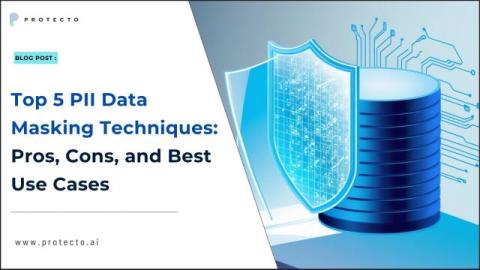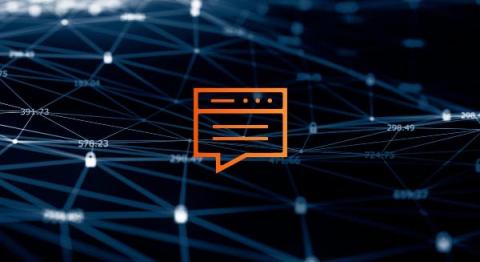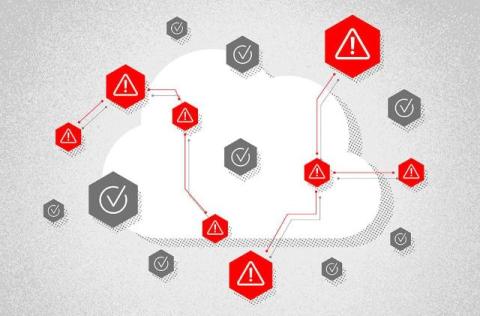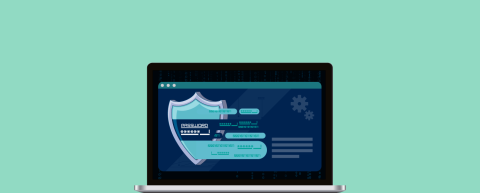How To Protect Your IP Address
You can protect your IP address by hiding it and masking your location to prevent cybercriminals from impersonating or tracking you. An IP address, also called an Internet Protocol address, is a series of unique numbers that identifies your device on the internet or the network it’s connected to. Your IP address allows information to be sent across a network and distinguishes your device from others on the internet.











